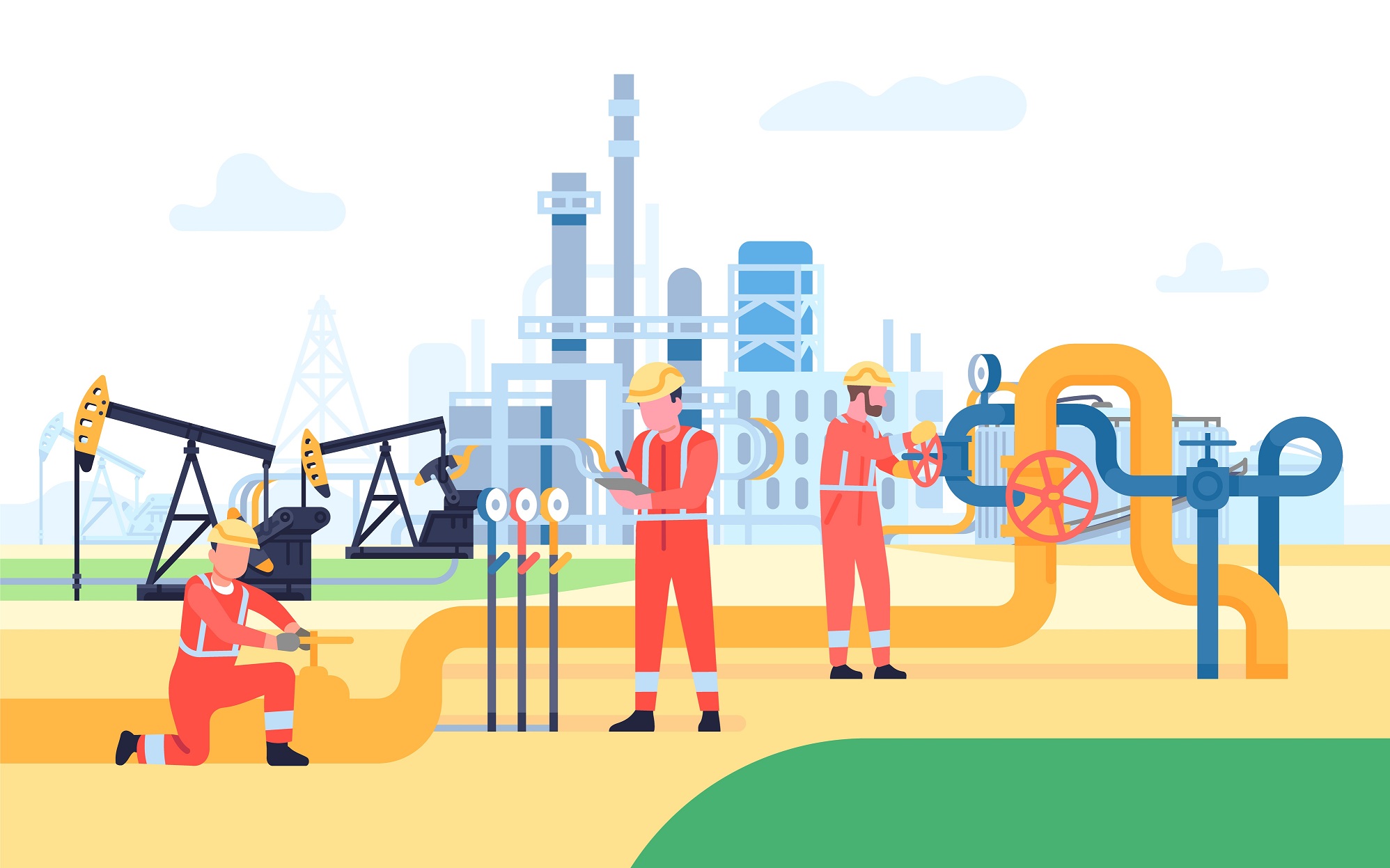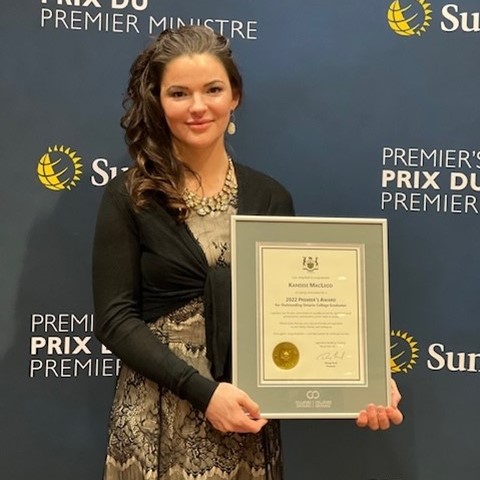Polytechnic institutions offer expert-led, industry-relevant training for high-performance talent. In this Q&A series, graduates from across our member institutions discuss how a polytechnic education helped propel their success in diverse fields.
Polytechnics Canada sat down with Kandise MacLeod, a 2011 graduate of Sheridan’s Welding Techniques program. Kandise is a boilermaker journeyperson and a radiation protection coordinator who holds a key supervisory position at the Darlington Nuclear Generating Station with the responsibility of ensuring the safety of her fellow tradespeople in a radiological environment. She is highly skilled in the trades and has taken polytechnic programs and training to build on her expertise as a welder.
Polytechnics Canada: What made you choose Sheridan as a part of your learning journey?
Kandise MacLeod: Sheridan has an incredible reputation for its academic programs and industry-focused curriculum. I was impressed by their commitment to providing practical and hands-on learning experiences that would equip me with the skills to work in the welding industry.
Additionally, Sheridan’s faculty members are professionals in their fields. The prospect of learning from experienced professionals who are actively engaged in their industries appealed to me. Their expertise and industry connections provided valuable networking opportunities.
PC: Polytechnics like Sheridan are known for their hands-on, experiential learning opportunities and vast employer networks. How did these opportunities and resources influence your path to becoming a boilermaker journeyperson and radiation protection coordinator?
KM: My instructor at Sheridan was a boilermaker. He was the one who convinced me to change my career direction and I am very happy that he did! I applied to the boilermaker’s union, got accepted and have really enjoyed my career growth ever since.
Sheridan also provided me with a solid knowledge base that set me on the right path to achieve my career goals. Working in the construction industry can be very intimidating and that kind of pressure can be discouraging if you are not adequately prepared. Knowledge is key, especially as a woman in construction. It can give you the confidence to speak up if something doesn’t seem right. It also gives you the confidence to slow down and assess the situation and hazards around you, which is very important for keeping you and your coworkers safe given the inherent dangers of working in the construction industry.
PC: What role does experiential learning play in supporting the career success of women and other underrepresented groups in the skilled trades?
KM: Experiential learning provides hands-on, practical experiences that allow individuals to develop their technical skills and build confidence and competence. Increased confidence can be an important tool in overcoming societal stereotypes and biases that discourage women from pursuing careers in the construction industry. By actively participating in real-world situations and demonstrating their skills and abilities, women and other underrepresented groups can challenge preconceived notions about their capabilities and suitability in traditionally male-dominated fields. This is imperative for shifting perceptions within the industry and promoting a more inclusive and diverse workforce.
PC: How do you practice lifelong learning in your own career?
KM: When working in a skills-based career, you must stay open-minded to a wide variety of trades knowledge — experience is an asset. I always try to keep learning no matter what I am doing. I had to take further training and professional certifications to qualify for my current position as a radiation protection coordinator. It’s important to have confidence in your track record and to not shy away when a good opportunity for career advancement comes your way. It might be intimidating to rise to that next level, but knowledge is empowering.
Moreover, a fair number of journeypeople are set to retire soon. It has been an honour to have the chance to soak up their knowledge before they leave. It’s also a privilege to be able to pass on the knowledge I have gained to the next generation.

